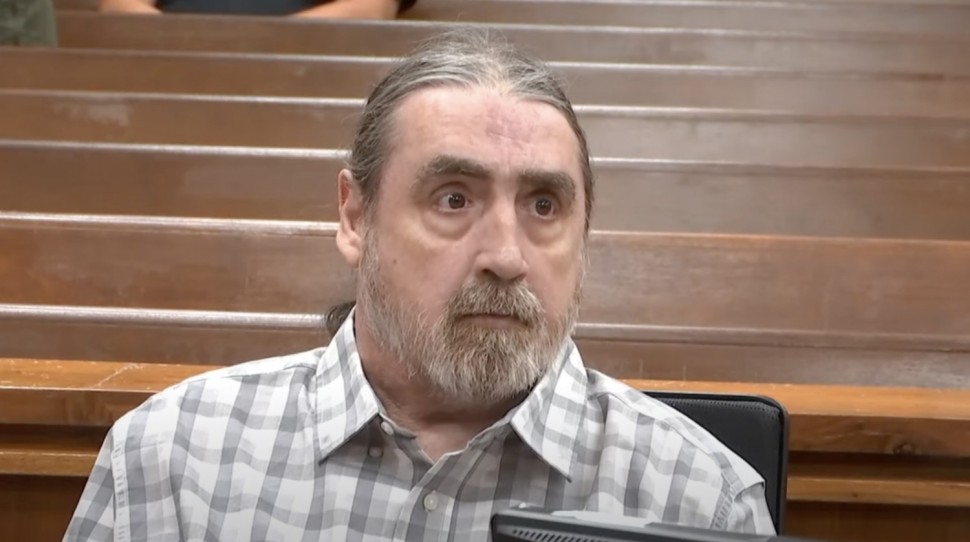
Convicted Tennessee killer Sean Finnegan likely won't live long enough to be executed for Jennifer Paxton's horrific kidnapping and murder, according to an attorney.
A jury found Finnegan, 56, guilty on two counts of first-degree murder, criminally negligent homicide, aggravated rape, and a slew of other charges, for the 2019 death of Paxton, prosecutors said.
Anderson County District Attorney Dave Clark announced the jury's death penalty decision Wednesday.
"Of course, it is the heaviest of decisions to seek to put someone to death. In concert with the victim's family, I felt that it was important to ask an Anderson County jury to sentence Sean Finnegan to death based upon what he did to Jennifer Paxton. To do less may have sent the wrong message, dishonored Jennifer's memory, failed to acknowledge her suffering, or not acknowledged the degree of Finnegan's conduct," Clark said in a statement, in part.
Prosecutors said Finnegan and his then-girlfriend, Rebecca Dishman, kidnapped Paxton in December 2019 and held her captive at his Oak Ridge, Tennessee, apartment, where they raped and strangled her to death over the course of four days, according to WLVT-TV. They kept her body hidden in a freezer for eight months, until cops showed up to Finnegan's home, during which they stuffed her corpse under his bed.
Dishman pleaded guilty to first-degree murder for her part and was sentenced to life in prison in September.
But legal experts said Finnegan's death sentence, which indicates he'll die by lethal injection, likely won't come soon enough.
Speaking with WBIR-TV, Legal Aid of East Tennessee attorney Darrell Winfree said most inmates sentenced for execution spend decades on death row, and many end up dying from natural causes before the state can legally kill them.
"The first thing that happens is there's an automatic appeal that's filed with the Supreme Court of the state of Tennessee," Winfree said, according to the outlet. "And they look at some pretty specific things, they look at whether the sentence was imposed arbitrarily, they look at whether the aggravating factors were met, and they are supposed to make sure everything was done correctly from that perspective."
The court then has the power to affirm or reject the death penalty.
Afterward, a convict can appeal the trial itself.
"So that's when you get into things like ineffective assistance of counsel, or newly discovered evidence, things of that nature," Winfree explained.
The case can then be transferred to an appeals court or state Supreme Court.
This drawn-out process can "slow things down," he said.
"It seems like it would be very easy to bring someone's life to end," Winfree said. "But it is a very extended process, a very expensive process, and a very complicated process."
There are currently 45 people on death row in Tennessee, according to the station. The last time the state executed an inmate was in 2021.




